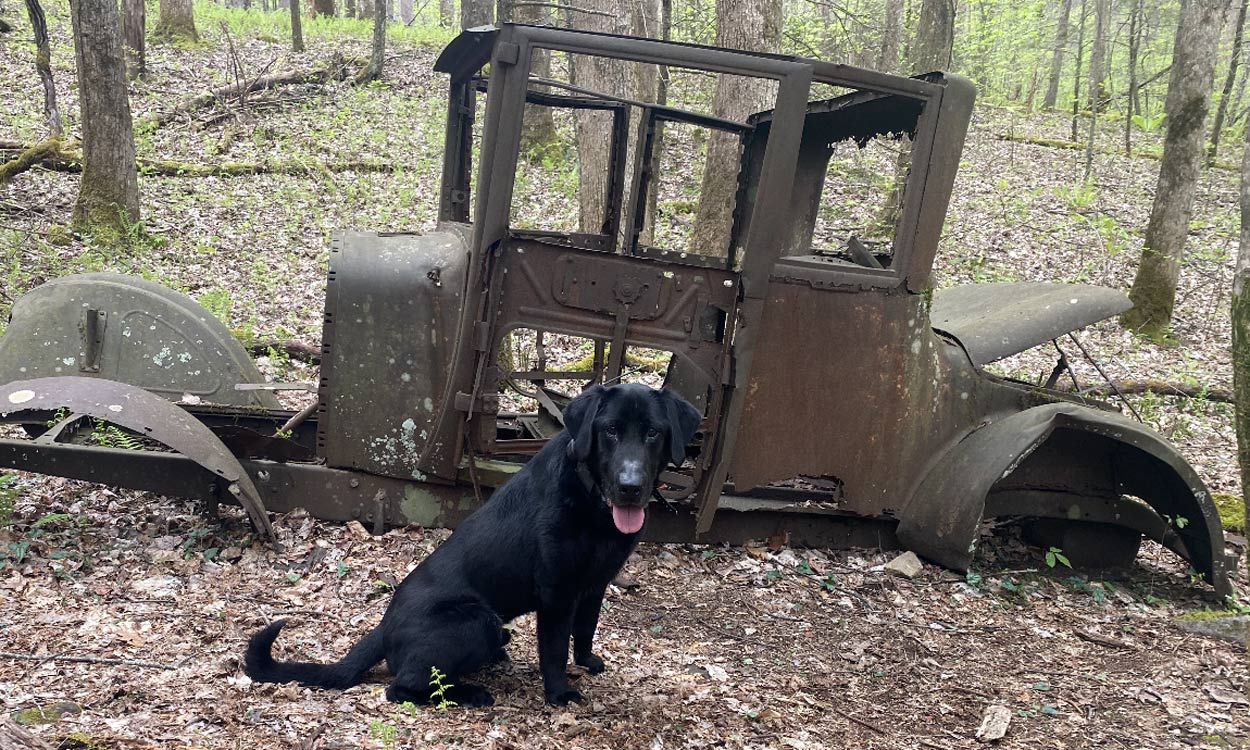Human Remains Detection K-9s crucial to finding victims of death by fire

By Julia Duvall
The recent wildfires devastating Hawaii and leaving a path of death and destruction have brought to light the special training human remains detection dogs and their handlers must undergo to be able to find victims who have died in fires – accidental or purposively.
Lisa Briggs, Western Carolina University’s Emergency and Disaster Management program director and facilitator of the HRD K-9 training programs, was recently interviewed by CNN regarding the Maui fires and shared what kind of training these canines and their handlers need to have in order to identify burned human remains.
“Not all HRD K-9s have the same skills and the dogs in Maui would need to be imprinted specifically on burnt remains in order to search effectively,” Briggs said. “This disaster demonstrates why we need to conduct the science and have the specific, proper training in order to be successful.”

Lisa Briggs
Briggs has been a criminologist for more than 20 years and for almost the past decade has been specializing in forensic-based criminology with a focus on missing persons, as well as the use of scent detection K9s and human decomposition.
Briggs, along with WCU’s Division of Educational Outreach, offers training courses for HRD K-9s and their handlers on everything from basic training to water recovery to burned human remains training.
“Offering these courses help get the dogs deployment ready by imprinting them on actual burned remains,” Briggs said. “The dogs have to be able to recognize that scent because it is completely different from regular decomposition.”
The next burned human remains HRD K9 training will be held Nov. 3-5 at WCU and is offered only to law enforcement, fire and formal emergency response personnel with human remains detection canines. The training is at capacity with spots filling up almost immediately when registration opens each time the course is offered.
Briggs credits the collaboration of the Division of Educational Outreach, the Emergency and Disaster Management program, the Department of Forensic Anthropology and other WCU partners to be able to conduct these trainings on and around campus.
“I think it's just wonderful how we all work together with this interdisciplinary approach and demonstrates the important work we're doing at this university,” Briggs said.
For more information about the HRD K-9 training programs offered at WCU, visit hrddog.wcu.edu.

